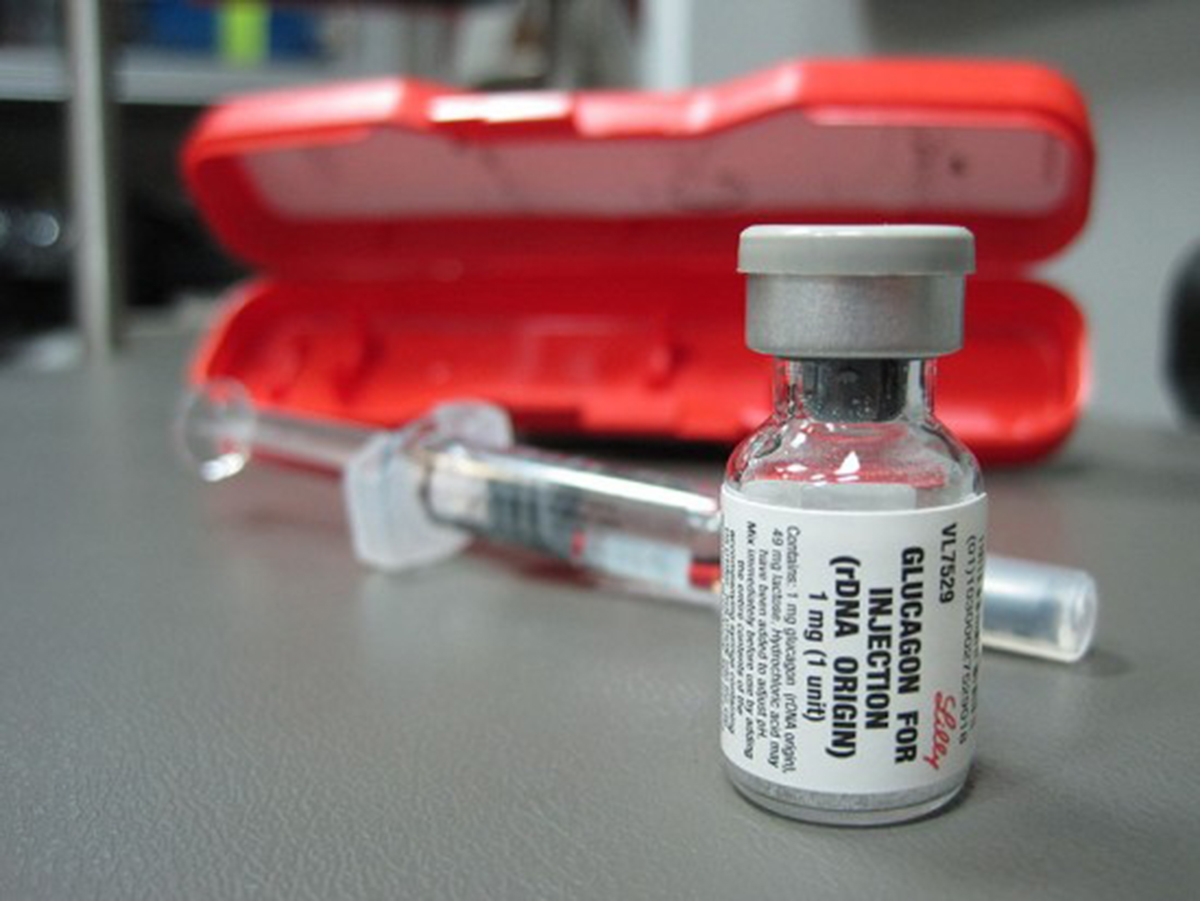Table of Contents
You've tried diet after diet after diet, not to mention hours spent in the gym, yet your weight won’t budge. While the general theory of calories in versus calories out is sound, hormone levels can play a big role when dieting down from an obese level.

Many people blame their lack of weight loss progress, and even their severe weight gain and level of obesity on poor genetics and hormone levels.
Glucagon is stored in and produced by the pancreas. When your blood sugar levels drop, your brain sends a signal to your pancreas to release some of this glucagon, which then distributes itself throughout your body and helps to stabilize your blood sugar levels again.
More recently though, researchers have been looking further into the role of glucagon, and found that it actually has even more roles to play. The main one of these is helping to regulate your appetite.
When it’s released into the bloodstream, glucagon adjusts the levels of some of the hormones that control your metabolism – the main one being grehlin – which helps to induce feelings of fullness and satiety. Therefore,
However, a recent study coming from Charité-University Medicine in Berlin has observed the relationship between metabolism regulating hormones like glucagon and grehlin, with a person’s body weight. Their results have been quite surprising, and could provide a link as to why obese people find it so hard to lose weight, when on paper, it should be a simple process.
In the study, 37 people – roughly an even mix of obese people, lean folks and type 1 diabetics were given either a glucagon shot or a placebo injection. They measured the participants’ levels of fullness by tracking grehlin levels for 24 hours after the shot.
What they found was that in participants from the obese category, there were no statistically significant differences in grehlin levels for those either given the glucagon or the placebo. In type 1 diabetics however, they did notice a substantial change between the two groups. Those in the glucagon group felt a lot fuller after their shot and the tracked levels of grehlin remained higher right to the end of the 24 hour observation.
Read More: Hunger Hormone And Obesity
According to Ayman M. Arafat, MD, lead researcher in the study, these findings, while in an early stage, to indicate that obese people may well have deficiencies and issues with glucagon that effectively turn off their fullness receptors, making them unaware of when they’re truly full and when they are actually genuinely hungry, causing them to overeat on a regular basis.
This could pave the way for a successful treatment of glucagon treatment in obese individuals to help them become more aware of meal size and portion control, Arafat added.
- Obesity May Be Caused By Faulty "Appetite Hormone," Study Finds, By John Ericson | Published on August 20, 2013, Accessed on October 19th 2013
- Retrieved from http://www.medicaldaily.com/obesity-may-be-caused-faulty-appetite-hormone-study-finds-252999
- Photo courtesy of Intropin by Wikimedia Commons : commons.wikimedia.org/wiki/File:Glucagon_(4).JPG
- Photo courtesy of colros by Flickr : www.flickr.com/photos/73416633@N00/286903642/


Your thoughts on this